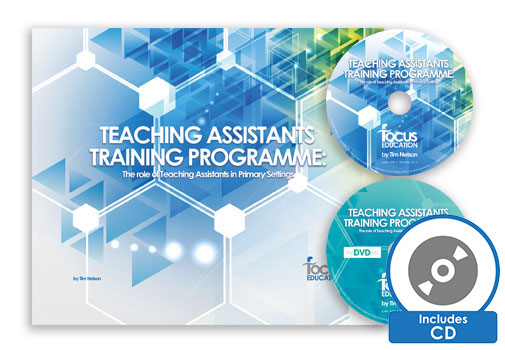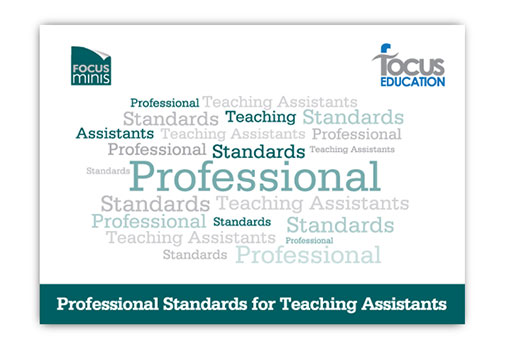
Teaching Assistants Within a Changing Context
I have just started my 42nd year working within the primary education system. During this time I have seen reform after reform, some of which were much needed and others less so. One of the greatest changes within primary schools has arguably been to those who work alongside teachers, the Teaching Assistants (The TA).
At first, this role was little more than helping teachers to prepare resources and listening to pupils read. Over the past 10 years the role of teaching assistants in primary schools has changed beyond all recognition. They now comprise approximately a quarter of the primary and secondary workforce and are seen as being an integral part of school life. Teachers, parents and pupils could not imagine the classroom without them.
The Impact of Teaching Assistants in Primary Schools
Research has suggested that the impact of the work of teaching assistants on pupil progress is limited at best. However, organisational factors within which teaching assistants work but over which they have little or no control must be of key consideration for school leaders. Research from the EDTA (Effective Deployment of Teaching Assistants Project) suggests that leaders should regularly take a long hard look at how the TA work force is being deployed, its impact and how well it is trained for the job it is expected to do.
On a day to day basis it may be well worth considering the following questions in order to ensure the practice of TAs is as good as it can be:
- Is the role of the teaching assistant clearly defined and understood by the whole school community?
- Are TAs and teachers aware of the DfE Standards for Teaching Assistants published in 2015.
- Is there a key person responsible for overseeing the quality of the work of the TAs?
- What are the respective roles of TAs and teachers in planning, delivering and assessing learning?
- How effective is the evaluation of interventions delivered by TAs?
- Is time built into each day for teachers and TAs to engage in meaningful dialogue based on the learning needs of different pupils?
- Do TAs have access to high quality resources, particularly to support high quality questioning, in order to maximise the progress of pupils.
- Are the training and development opportunities offered to TAs specific to their individual needs?
- Are TAs involved in pre teach sessions or are they more focused on ‘catch up’ interventions?
- Are TAs too focussed on task completion rather than promoting thinking and deepening learning?
Within an ever changing context the key issue remains that leaders must be fully aware of the situation with TAs in their schools. Using the outcomes of these questions may help identify the appropriate next steps required to increase the impact of TAs so they feel confident in what they are expected to do and are fully involved in securing the best outcomes for pupils.
Continue the Conversation on Teaching Assistants in Primary Schools:
To continue the conversation on teaching assistants in primary schools, you can find me on Twitter @Focuskad, or keep checking back on the blog for more advice and tips on working with teaching assistants within a changing context. Take a look at Tim Nelson’s new book below on Professional Standards for Teaching Assistants.
Keith has served as associate headteacher in schools with vulnerable and challenging circumstances, headteacher in three schools, before becoming a Local Authority officer. He has established headteacher mentoring schemes and lead national improvement programmes across the Learning Authority.








